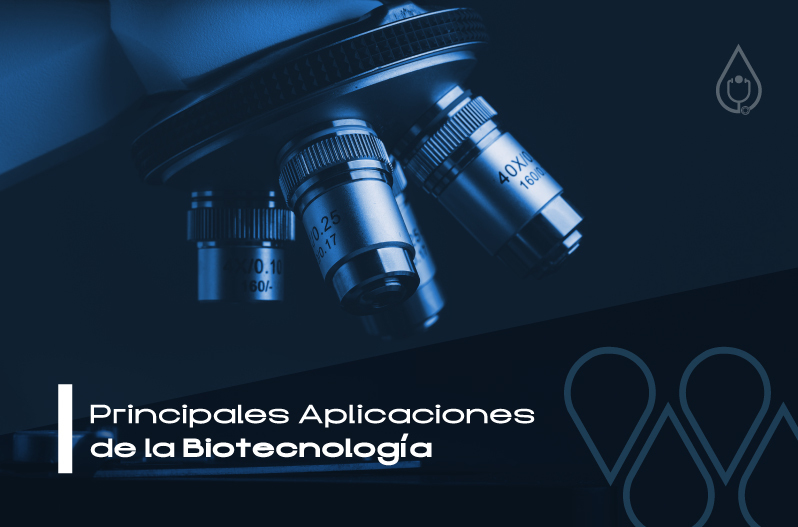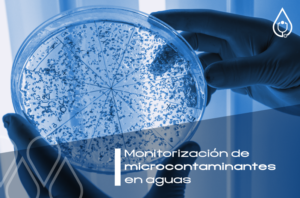Applications of Biotechnology
Biotechnology is a branch of science that uses living organisms and their biological processes to create products and technologies.
This discipline has become an increasingly important field of study due to its ability to develop innovative solutions in areas such as medicine, agriculture, and industrial production.
In this article, we will discuss some of the most important applications of biotechnology and how they are transforming our world.
What Exactly Is Biotechnology?
Before diving into the applications of biotechnology, it is important to understand what it is.
Biotechnology is the application of molecular and cellular biology, genetics, and biochemistry to develop technologies and products that improve human life and the environment.
Biotechnology has been used for centuries, for example, in the fermentation of foods and alcoholic beverages. However, recent technological advances have enabled scientists to apply biotechnology in areas that were previously unimaginable.
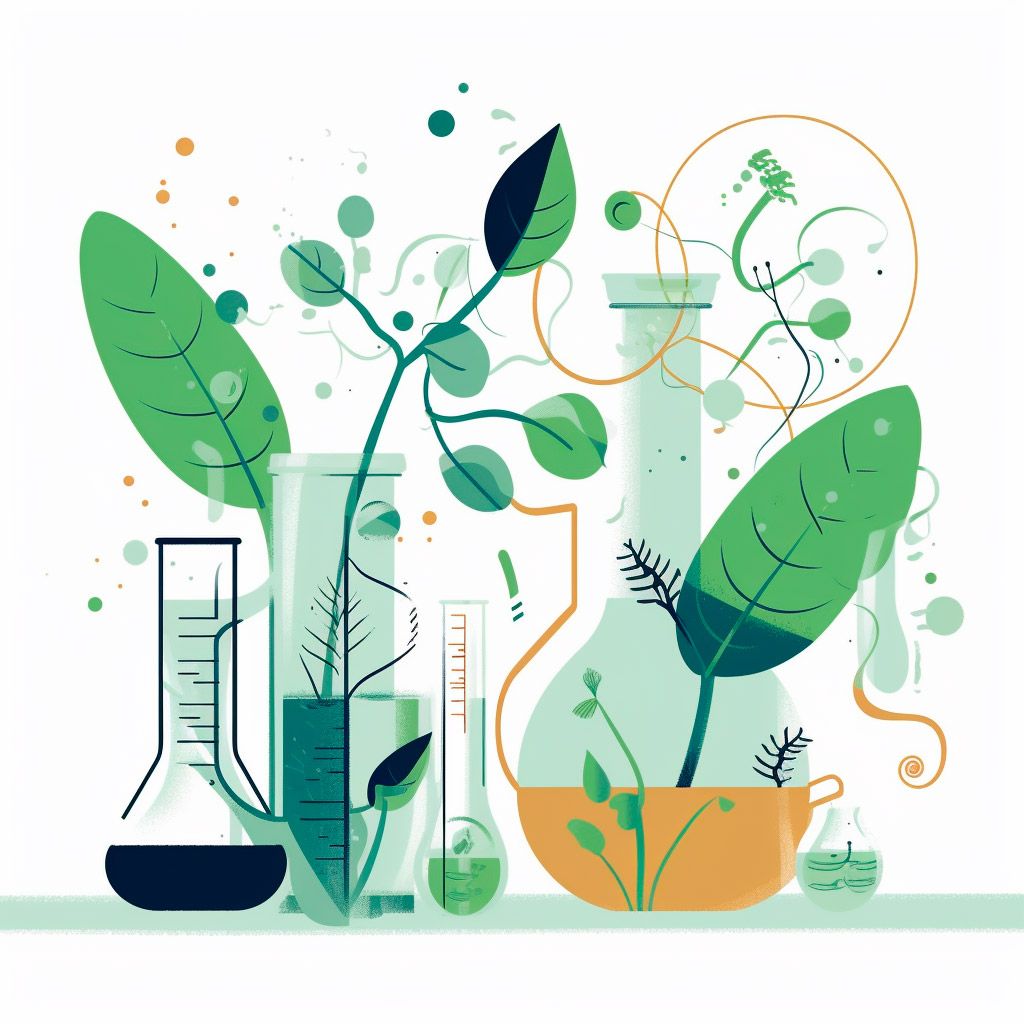
Applications of Biotechnology in Medicine and Health
One of the best-known applications of biotechnology is in medicine. Advances in this field have led to the creation of new drugs and therapies, as well as improvements in diagnostic techniques.
Here are some examples of how biotechnology is being used in medicine:
Gene Therapies
Gene therapy is a type of treatment that involves modifying genes to treat or prevent diseases. This technique uses vectors to deliver healthy genes into a patient’s cells.
Gene therapy has been used to treat a variety of diseases and is one of the main research avenues in the fight against cystic fibrosis.
Biotechnology in Drug Production
Biotechnology is also used in drug production, enabling large-scale manufacturing of proteins and antibodies.
Producing medications through biotechnology often allows for greater efficacy and precision in the treatment of diseases.
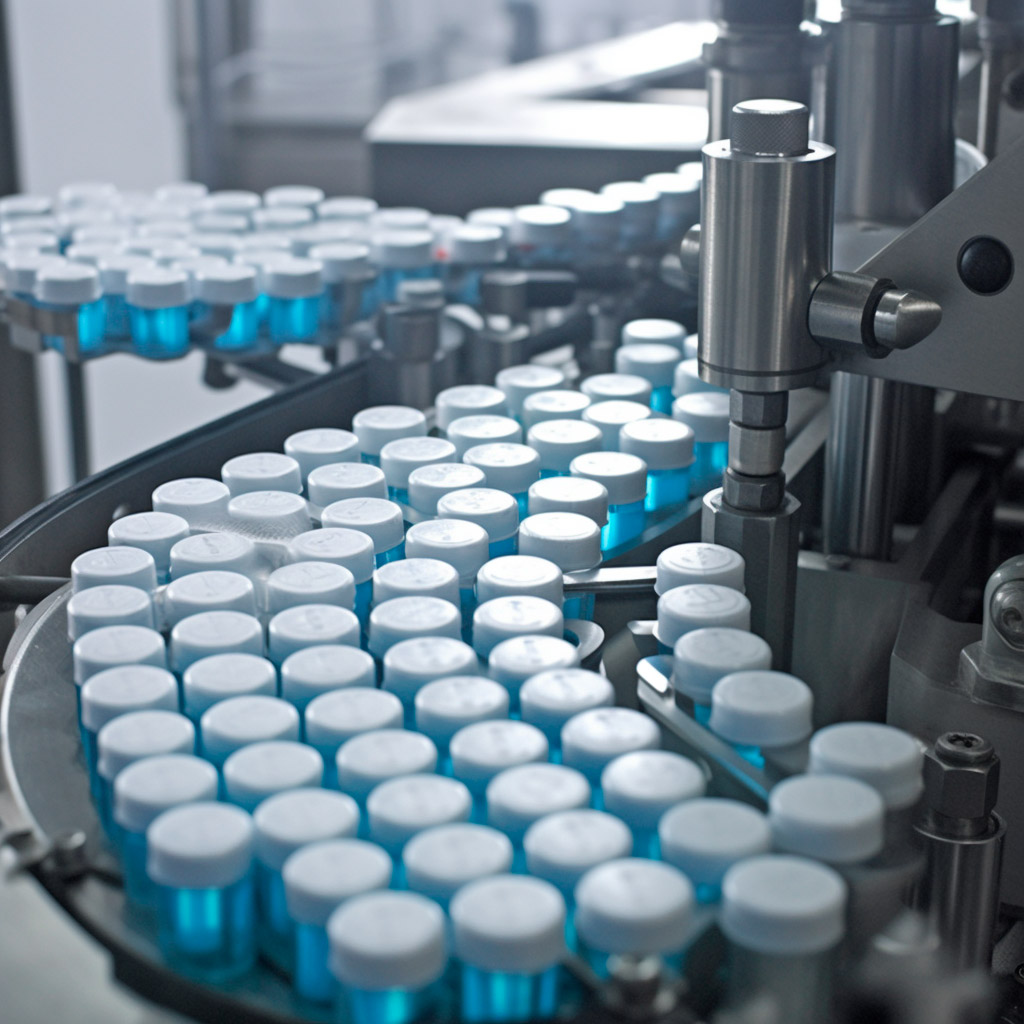
Diagnostics
Biotechnology has also improved the accuracy of diagnostics. PCR (Polymerase Chain Reaction) technology allows the detection of genetic material from bacteria or viruses in tissue or blood samples.Detection of Infection Hotspots
Studying disease hotspots has helped understand how illnesses spread and, consequently, how to control them. It also allows identification of areas where outbreaks are more likely to occur, helping implement preventive measures.
Early detection of disease hotspots is vital to prevent uncontrolled growth and spread. Biotechnology has contributed to the creation of innovative systems, such as Water Biosense, which aid in early detection through the analysis of urban wastewater.
Applications of Biotechnology in Agriculture
Biotechnology is also used in agriculture to improve crop quality and quantity and to produce healthier food.
Here are some examples of how biotechnology is applied in agriculture:
Plant Genetic Engineering
Plant genetic engineering involves modifying plant genes to make them more resistant to diseases, insects, and adverse climate conditions.
This allows higher crop yields and reduces the use of pesticides and herbicides.
Production of Healthier Foods
Biotechnology is also employed to produce healthier foods. Scientists can use genetic engineering to develop crops richer in nutrients, such as golden rice, which is high in vitamin A and iron.
Today, biotechnological systems are used to analyze irrigation water quality, significantly improving crop quality.
Techniques have also been developed to produce allergen-free and gluten-free foods.
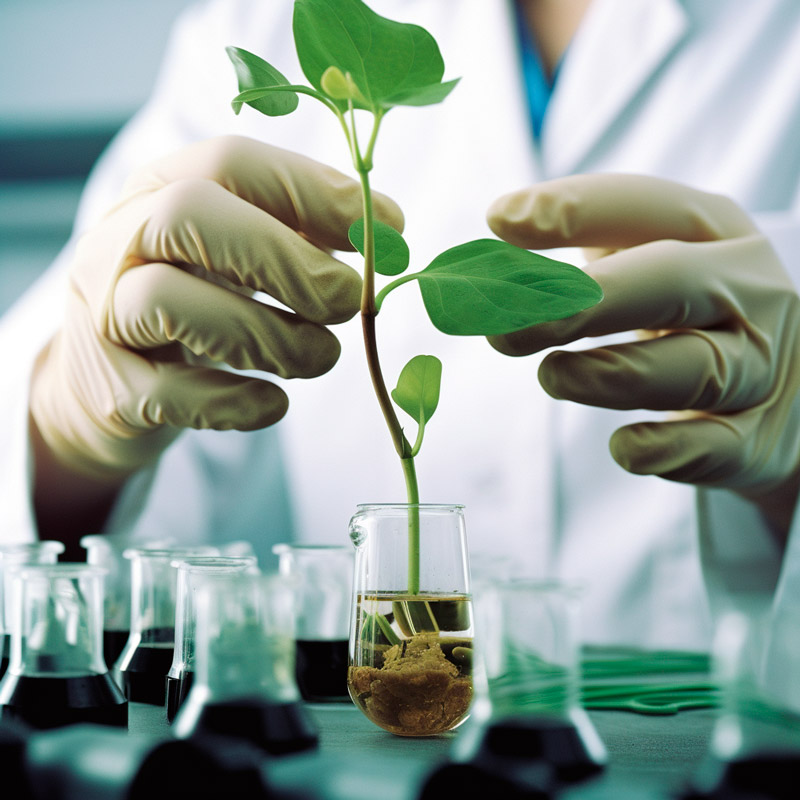
Sustainable Agriculture
Biotechnology can help make agriculture more sustainable. Crops can be modified to be more resistant to drought and other adverse climate conditions, reducing the need for irrigation and the use of pesticides.
Additionally, techniques are being developed to produce natural fertilizers and reduce the use of chemicals in agriculture.
Applications of Biotechnology in Industrial Production
Biotechnology is also increasingly used in industrial production to create more sustainable and efficient products.
Here are some examples of how biotechnology is applied in industrial production:
Biofuels
Biotechnology is used to produce biofuels from organic matter such as biomass, agricultural waste, and vegetable oils.
Biofuels are a more sustainable alternative to fossil fuels and can help reduce the carbon footprint of vehicles and industry.
Wastewater and Effluent Control
One of the main problems in all industries (pharmaceutical, textile, food, chemical, etc.) is the discharge of waste.
Controlling these discharges is essential for sustainable development.
Biotechnology plays a key role in analyzing industrial effluents. These analyses allow detection of contaminants and their toxicity levels, enabling timely action to prevent uncontrolled discharges.

Production of Biodegradable Plastics
Biotechnology is also used to produce biodegradable plastics from materials such as corn or soy.
These plastics are a sustainable alternative to traditional plastics, which can take centuries to decompose in the environment.
Production of Enzymes and Proteins
Today, enzymes and proteins are produced for use in a variety of applications, such as food production and chemical manufacturing.
These biotechnological products are more efficient and sustainable than the chemical products traditionally used for the same purposes.
Conclusions
In summary, biotechnology is being applied in a wide range of areas, from medicine to industrial production, to create innovative and sustainable solutions.
Advances in biotechnology are improving human quality of life and benefiting the environment.
It is essential to continue researching and developing new applications of biotechnology to address the challenges of today’s world.


